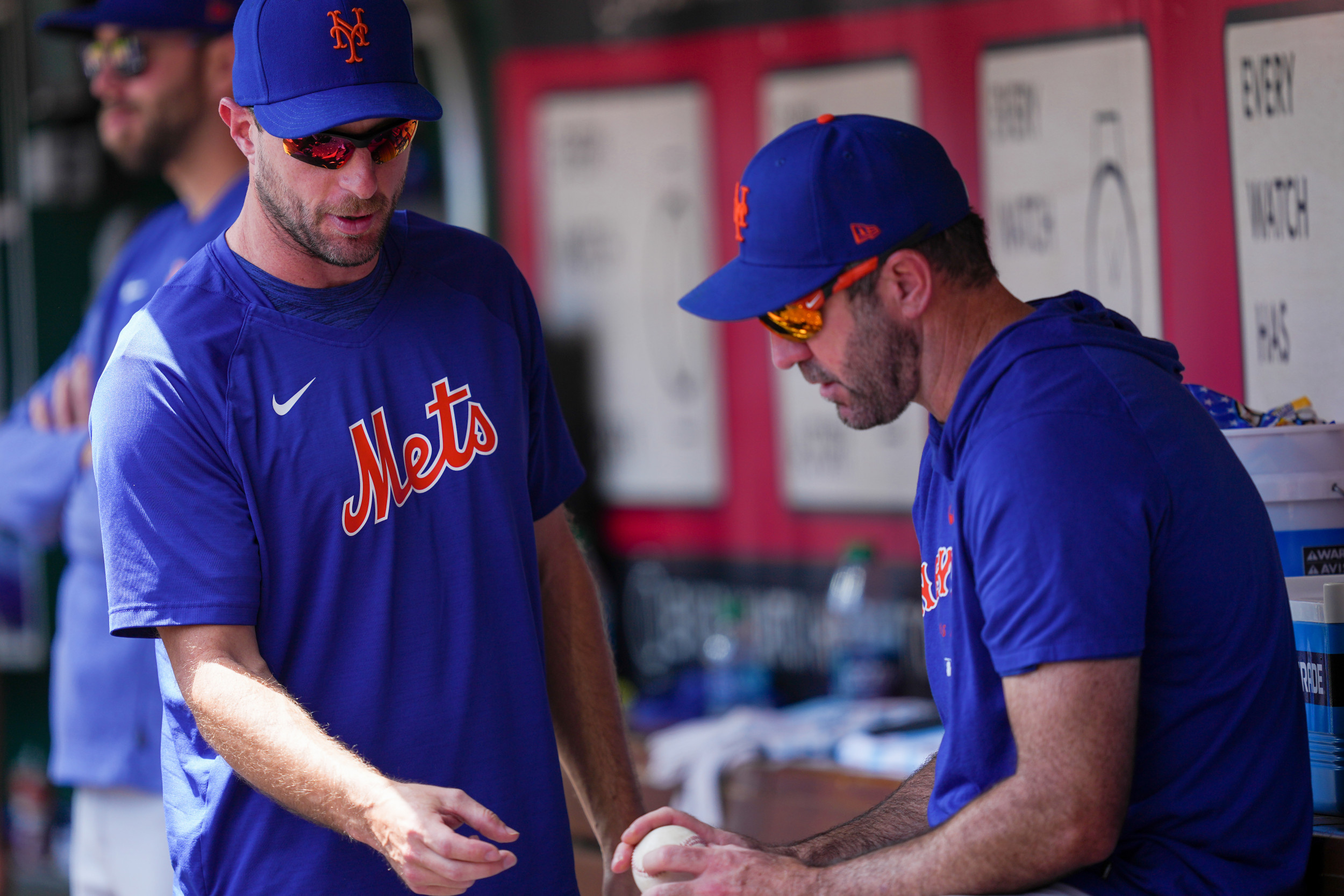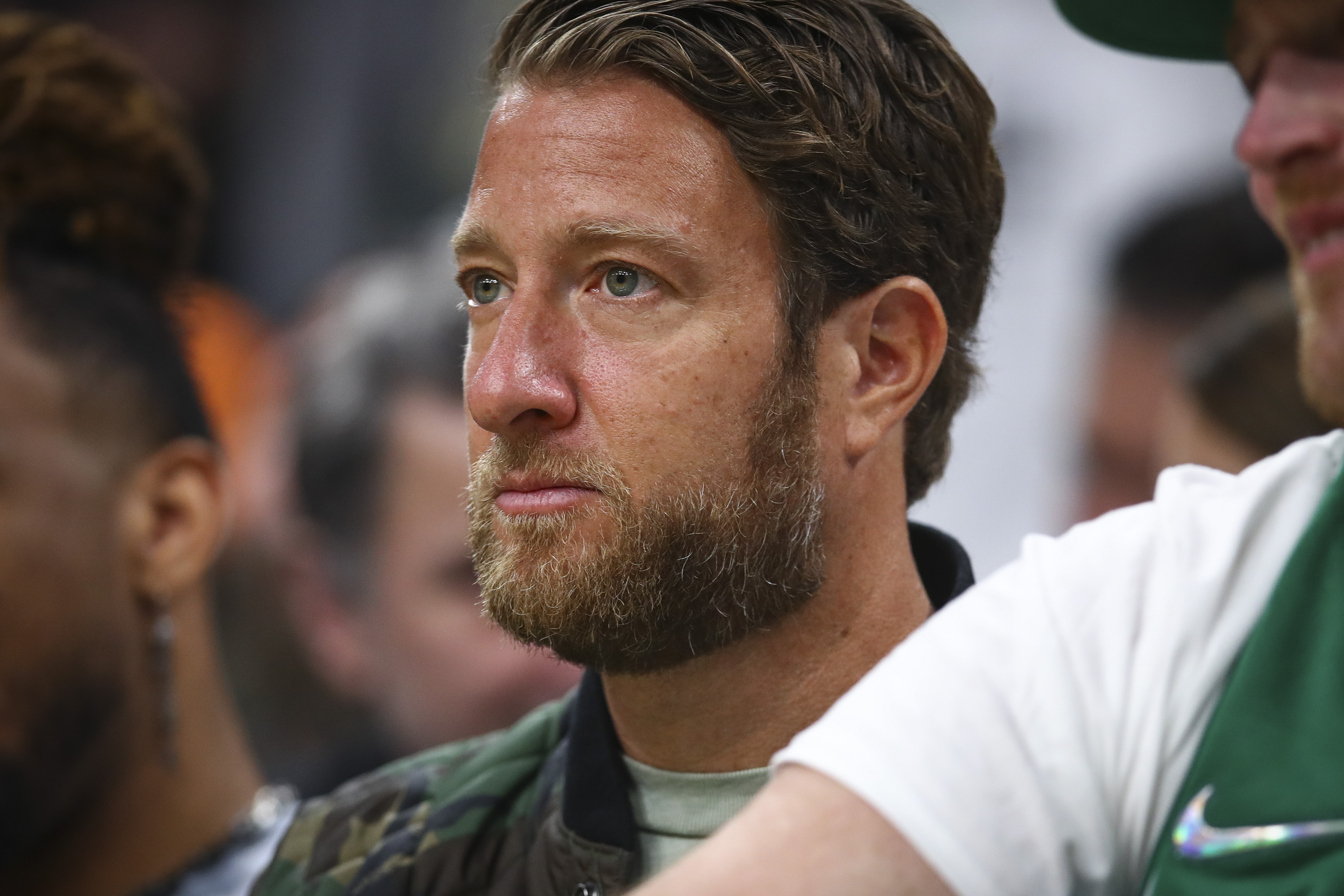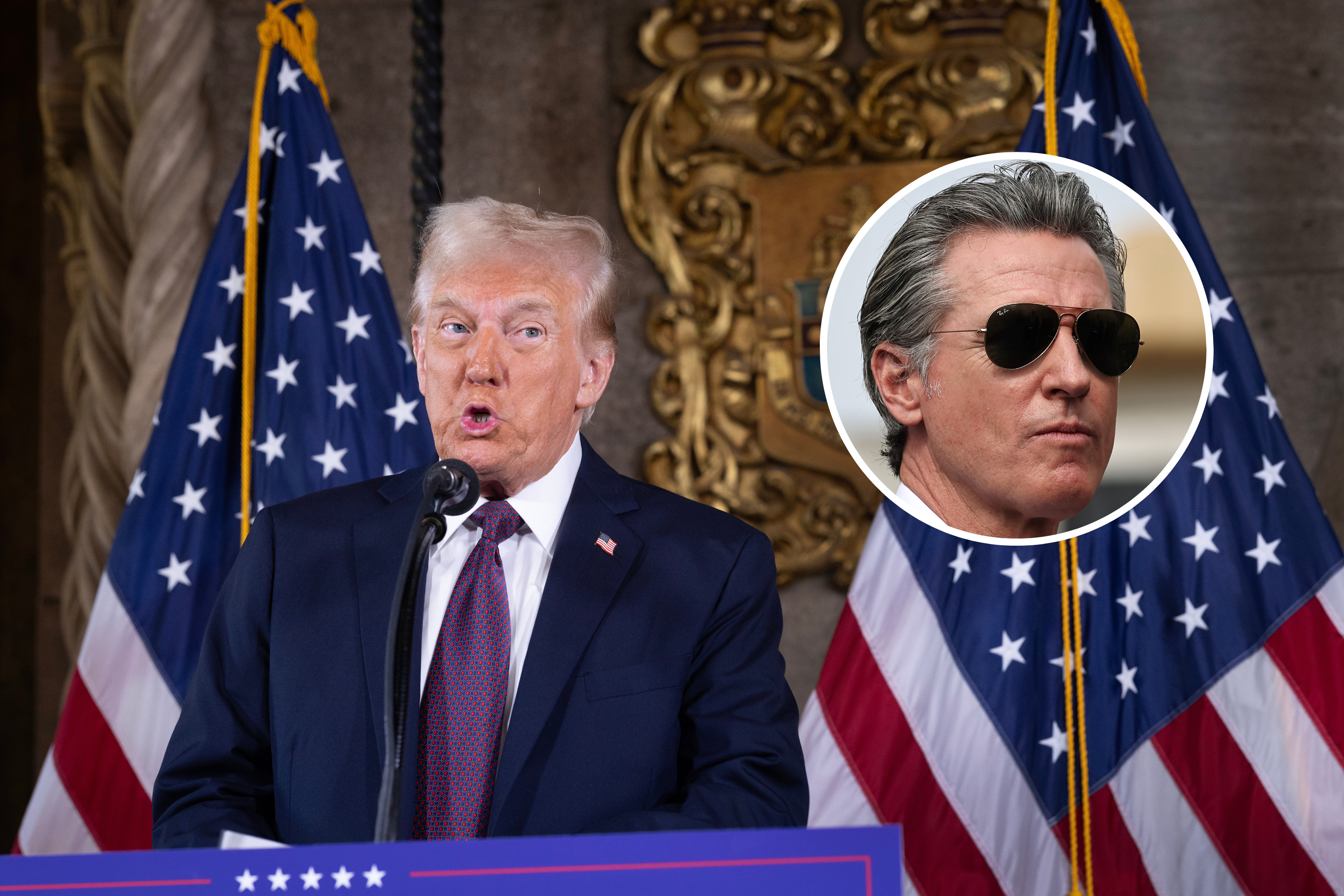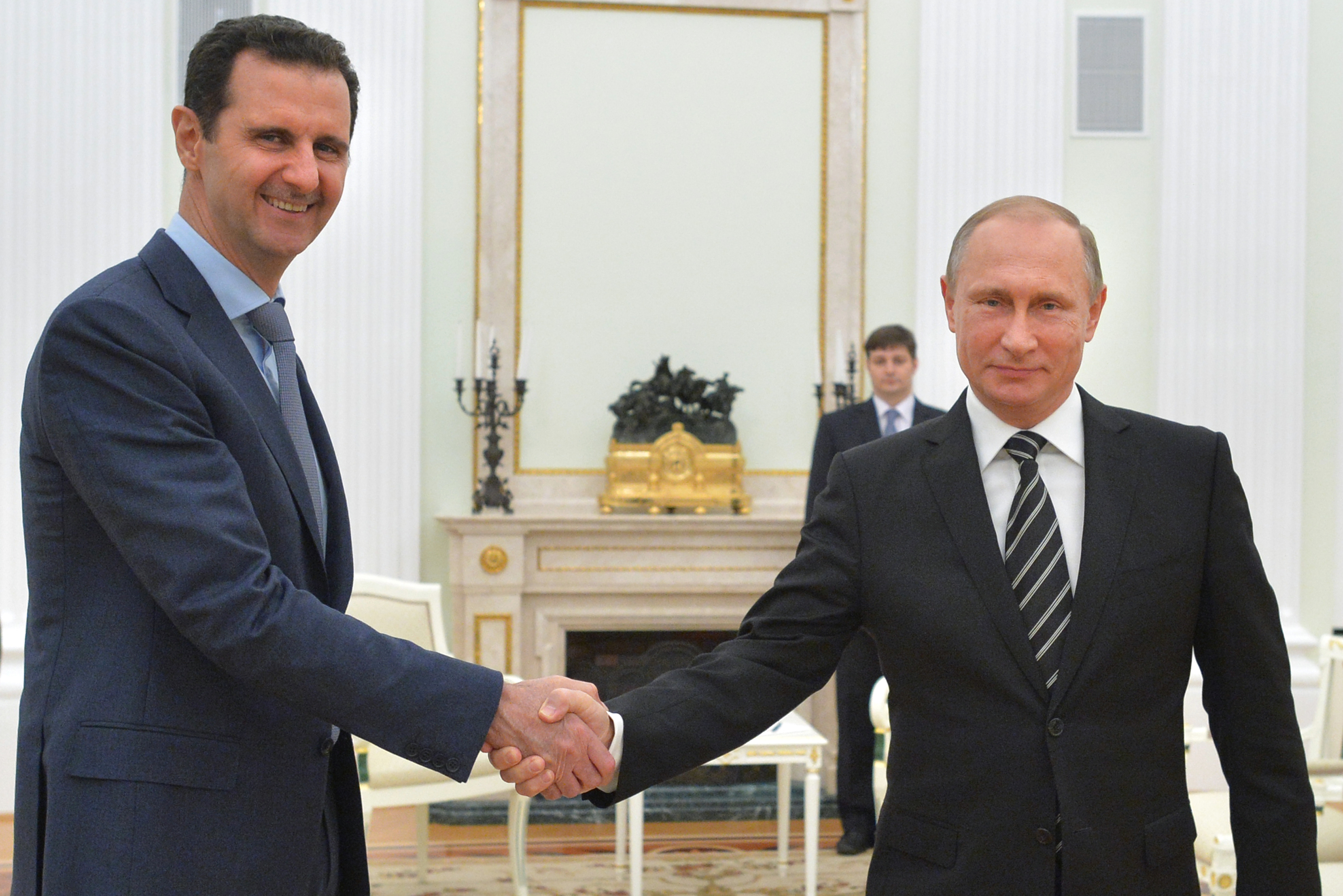When I was 20 years old, I committed armed robbery and murdered a man in the process. Two years later, in November of 1980, I was sentenced, the news media and my parents standing by. I was brought into the courtroom in chains to hear the sentence: death by lethal gas. I would spend years in solitary confinement, wrestling with the thought of my own death and the fact of my continued life.
The Irish-Catholic home I grew up in had seemed picture-perfect. I spent my summers swimming, fishing, and boating along the shores of Long Island, New York. But by the time I was 12, I had experienced physical, emotional, and psychological abuse. I ran away from home multiple times, eventually embracing the drug culture of the '70s.
Through it all, my heart became hardened to the point where I didn't consider my crime from the perspective of the victim. My lawyer urged me to search my heart and find out why I had taken a man's life.
But what really woke me up wasn't the death sentence, solitary confinement, or the words of my lawyer. It was a military veteran who persistently offered to read the Bible with me, even though I continuously ignored him.
When he came to visit me in prison, I sometimes refused to even acknowledge his presence—but he never gave up on me. Later, Chuck Colson, the founder of Prison Fellowship, spoke at my prison. He made a point of meeting with people on death row whenever he visited a prison, and so he came to see me. He prayed with me, and we ended up corresponding through the mail for several years. Chuck was the one who helped me see what justice means, and to consider the victim. Up until that point, I had only thought of myself.
These encounters with people who viewed me as a human being gave me the strength to consider what victims feel. I understood, suddenly, that justice was being carried out through my incarceration.
My eventual surrender to God gave me further strength: it enabled me to figure out why I had committed my crime. For the first time in my life, I could withstand looking inward, despite terrible shame and guilt.

When my conviction was overturned by the state Supreme Court in 1982, I had the chance to initiate taking responsibility for my actions. Instead of trying to come home, I pled guilty to first-degree murder and armed robbery. My sentence was then changed from death in the gas chamber, to 25 years to life in prison.
I had a lot of work to do. I didn't have much of an education. I was selfish and, prior to my conversion, took a kind of pride in my status as a convict. From an early age, I'd adopted what I consider today a "prison mindset."
So I got to work. I started taking better care of myself physically. I took community college courses in prison, earning 54 credits from one local college and 25 from another, which resulted in two vocational degrees.
I completed 58 of the prison's institutional programs for mental health. These programs taught me the skills I needed to become responsible, both for myself and to my community. I even became a leader in the prison church. We raised funds for local children to attend the Special Olympics, and we helped fund more local kids' attendance at church camp.
I also worked very hard while in prison. I did difficult physical labor. I worked maintenance and administrative clerk assignments. I did anything that needed to be done, anything that I could do—for 25 long years.
My life and my values had changed—forever and for the better—without my ever leaving the prison system, but as those years passed, I saw many fellow prisoners drift. They let decades of their lives slip past them.
I think there's a bit of this tendency in all of us, to be honest: to isolate, and to default to our own way of doing things. That's especially true if we're stressed. But it's essential to not just sit in prison and do time.
Time in prison can change your life, if you develop the necessary relationships. My time in prison certainly did. I built relationships there that I still have today. Those people still guide me—and I need guidance. I needed it then, and I still need it. We all do.
Over the years, there were prison administrators and chaplains who invested in me. While incarcerated, I met a young Christian couple through Prison Fellowship. When their son was born, they brought the baby to visit me—on death row.
They would go on to have eight children, and their family faithfully visited me in prison every Christmas. I have been to each of their children's weddings. I wouldn't be who I am today without the love of people like them.
These relationships and acts of love helped me change myself and my life for the better. They shifted my perspective, and I began to truly care for others more than myself. I realized my life wasn't about me. It was about serving others.
This love helped prepare me for freedom—and freedom requires care to be used well. I'll never forget what the area director for Prison Fellowship told me when he was helping me prepare for my departure from the prison: "Eddie, with your freedom comes a great deal of responsibility."
After 25 years, I was released. But I knew home would not be a good place for me to go. My dad had some addiction problems, and I was now a different person. I wrote to many halfway houses, but because of the violent nature of my crime, I kept getting rejected. Finally, I connected with someone from Prison Fellowship who helped me find a place I could stay and get the help I needed.
Finding a job was also a humbling process. I didn't have an education or the technical skills to work a lot of jobs, and I also had to navigate my felony conviction. But God was good to me.
Today, I'm responsible for my freedom. I'm responsible for my wife and two children. I serve in my church and minister in prisons. I've been out of prison for 19 years, and not a day goes by that I don't thank God for the responsibilities of liberty.
Leaving prison better can start with small, concrete actions. For me, it was getting rid of unhealthy habits, doing my best in the day-to-day responsibilities of my jobs and taking up an offer to read the Bible.
Maybe for you it starts with a single relationship. But it must start somewhere. For me, it started with God.
For others, it comes down to finding out what gives them meaning in some other way. But figuring out your source of meaning doesn't get you very far if you keep trying to make changes for the better on your own.
I couldn't have gotten very far in my walk with God if I hadn't had people investing in me for decades. God used my community to provide everything I needed to heal and become, over time, someone who could help others heal.
Our communities make us who we are, no matter what your beliefs. I needed someone who could show me that, even though I had made a lot of mistakes, God loves me unconditionally.
We all need people like that. We need relationships with people who will continually redirect us upwards, pull us up out of our own worst tendencies. We need relationships with people who won't flatter us when we need to hear the truth or abandon us when the lights go dark.
After all, it wasn't a death sentence that changed my life. It was love.
Eddie McLoughlin is a Prison Fellowship Academy manager. He is married with two children.
All views expressed are the author's own.
Do you have a unique experience or personal story to share? See our Reader Submissions Guide and then email the My Turn team at myturn@newsweek.com.








![[WATCH] Charlamagne Tha God Refutes Reports That Wendy Williams Is “Incapacitated”](https://thesource.com/wp-content/uploads/2025/01/Screenshot-2025-01-08-at-12.19.27-PM.png)











 English (US) ·
English (US) ·